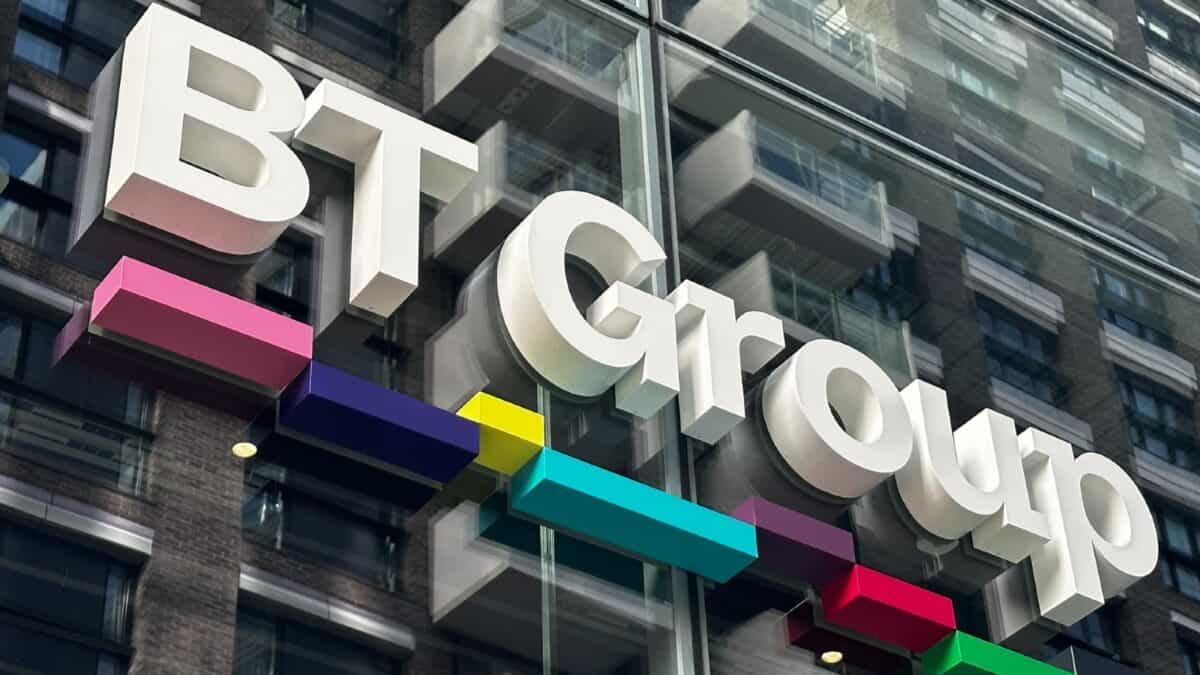The BT Group (LSE: BT.A) share price has had a poor five years, down 55%.
But that’s pushed the forecast dividend yield up to 6.9%. And BT shares jumped 6% in early trading Thursday (2 November), on the back of first-half figures.
That dividend looks tempting, and I wonder if the share price might have finally bottomed out.
Beating expectations
The headline news is that BT’s second quarter profits came in ahead of City expectations.
Outgoing CEO Philip Jansen said: “Our delivery in the first half means we are confirming our financial outlook for FY24 with normalised free cash flow now expected towards the top end of the guidance range, and we are declaring an interim dividend of 2.31 pence per share.“
It sounds like he’s going out on a high note, as he’ll hand over to new boss Allison Kirkby in the new year.
Happy shareholders?
I’m torn when I think about what might happen to the BT share price now. BT has been paying big dividends for years. But it’s built up a huge debt pile, and doesn’t seem to be too interested in doing anything about it.
The thing is, shareholders appear to have been happy just to take the cash. And as long it keeps flowing, why worry about anything else? Well, that can work fine when stock markets are doing well.
But just look at that five-year BT share price fall. A 6.9% annual dividend is no good to me if I lose more than half the value of my shares.
The debt pile
Net debt has grown again, from £18.9bn at 31 March to £19.7bn. BT did point out that the rise is “mainly due to pension scheme contributions“. So that’s fine, then.
Hang on, wait a minute. BT’s big pension fund deficit is essentially a different kind of debt — it’s money the company owes to its pensioners.
So debt has, in effect, just been moved from one pile to the other. And the £19.7bn way outstrips BT’s market-cap of £12bn, even without peering into the murky depths of its pension hole.
Lesson from Vodafone?
Rival Vodafone has accepted the reality that many of us had seen years ago. It’s been inefficient and hasn’t been working well enough. As a result, the mobile phone firm is in a time of big change.
Its CEO Margherita Della Valle has said: “Our performance has not been good enough… To consistently deliver, Vodafone must change. We will simplify our organisation, cutting out complexity to regain our competitiveness.“
Hmmm, new boss brings change? Might we hear something similar from Allison Kirkby at BT in 2024?
To buy, or not?
We might be at the bottom of this dire economic phase we’re in. So if BT can keep hitting its targets, and keep paying those big dividends, shareholders might stay happy. And I see a fair chance the BT share price could start to move upwards again.
But for me, a company with such massive debts carries too much risk of destroying long-term shareholder value. Just like the last five years.








